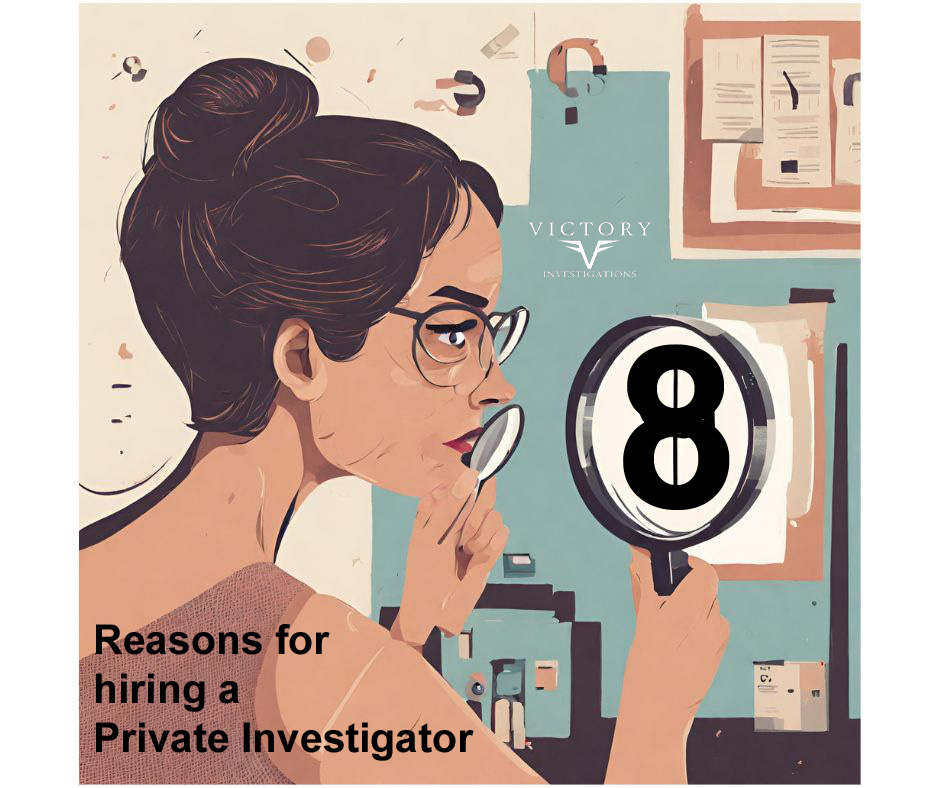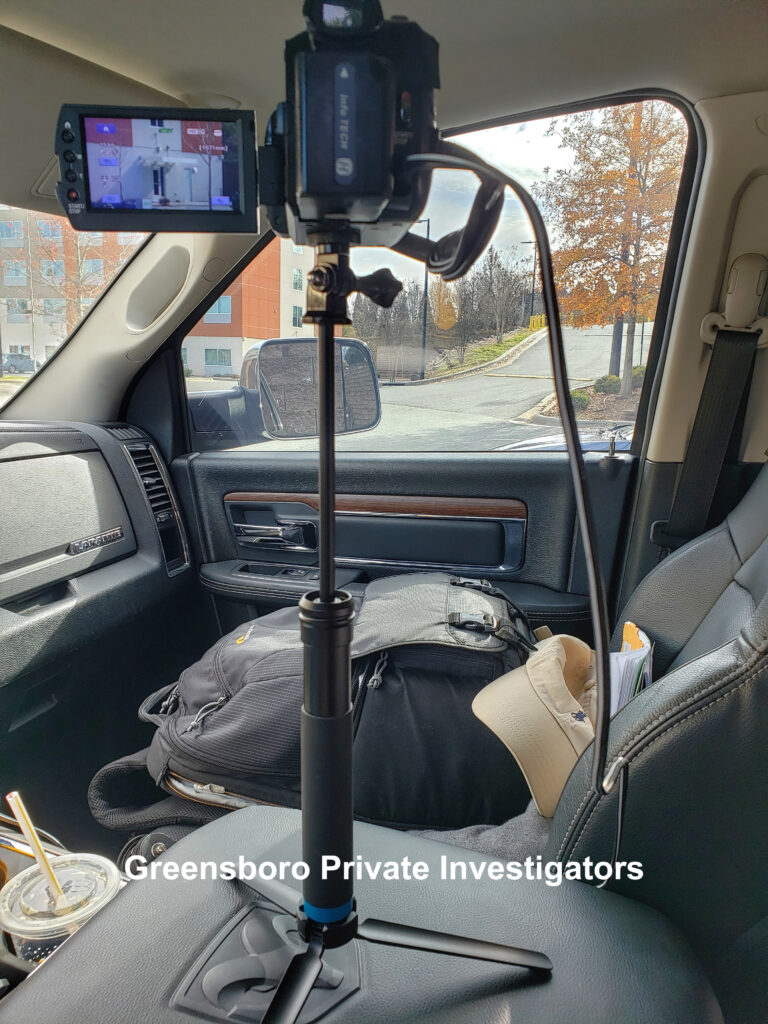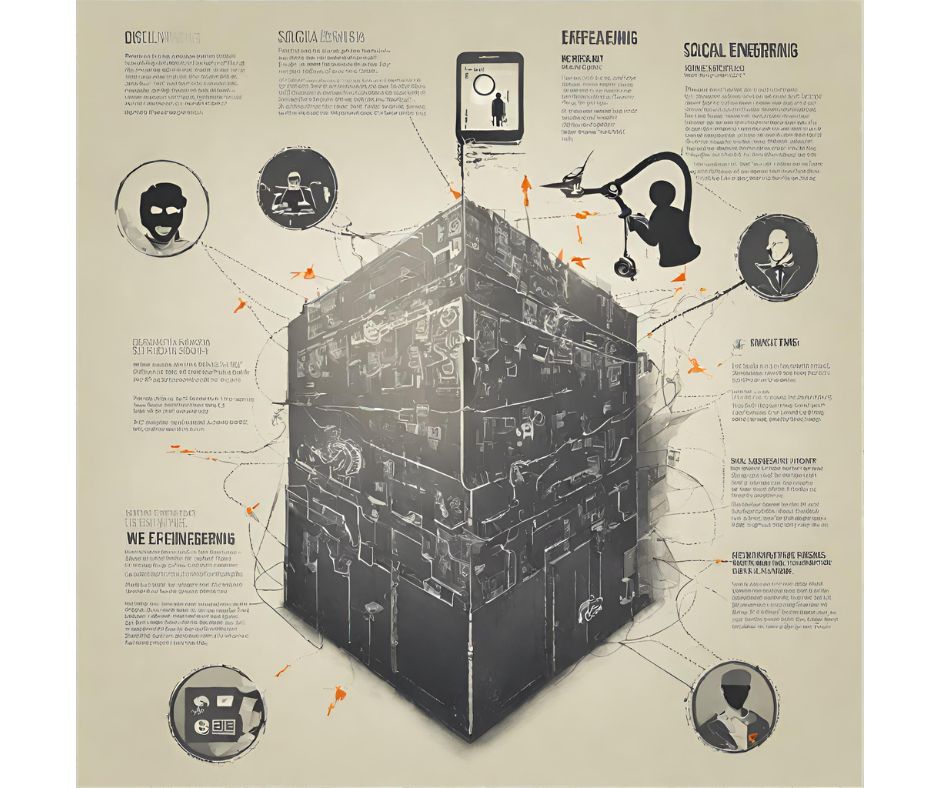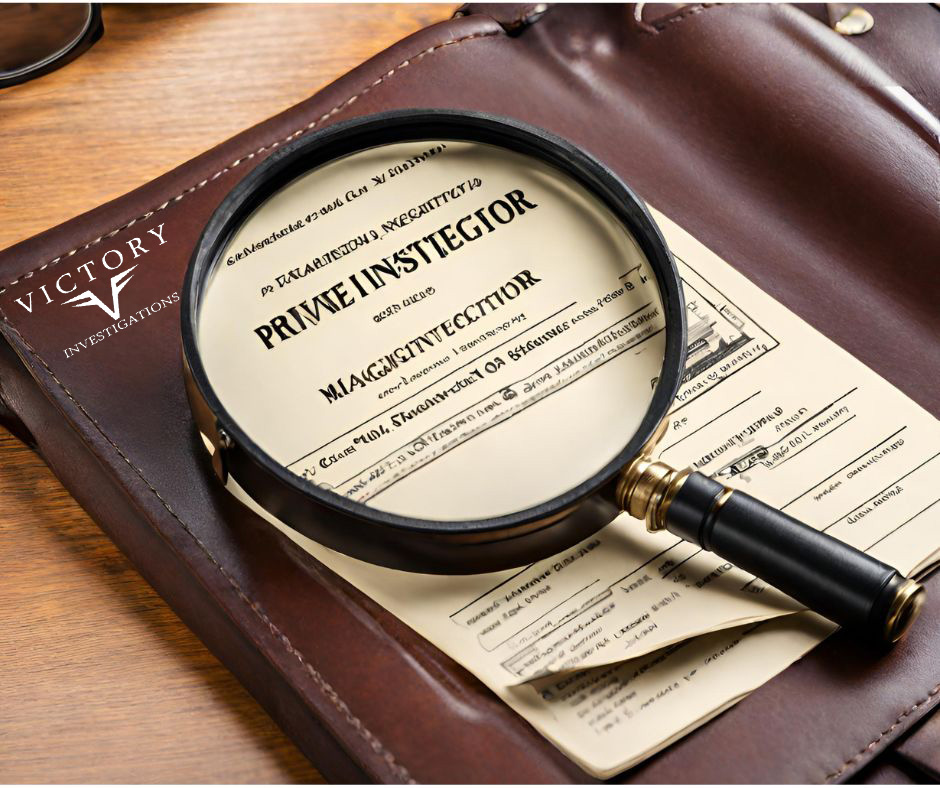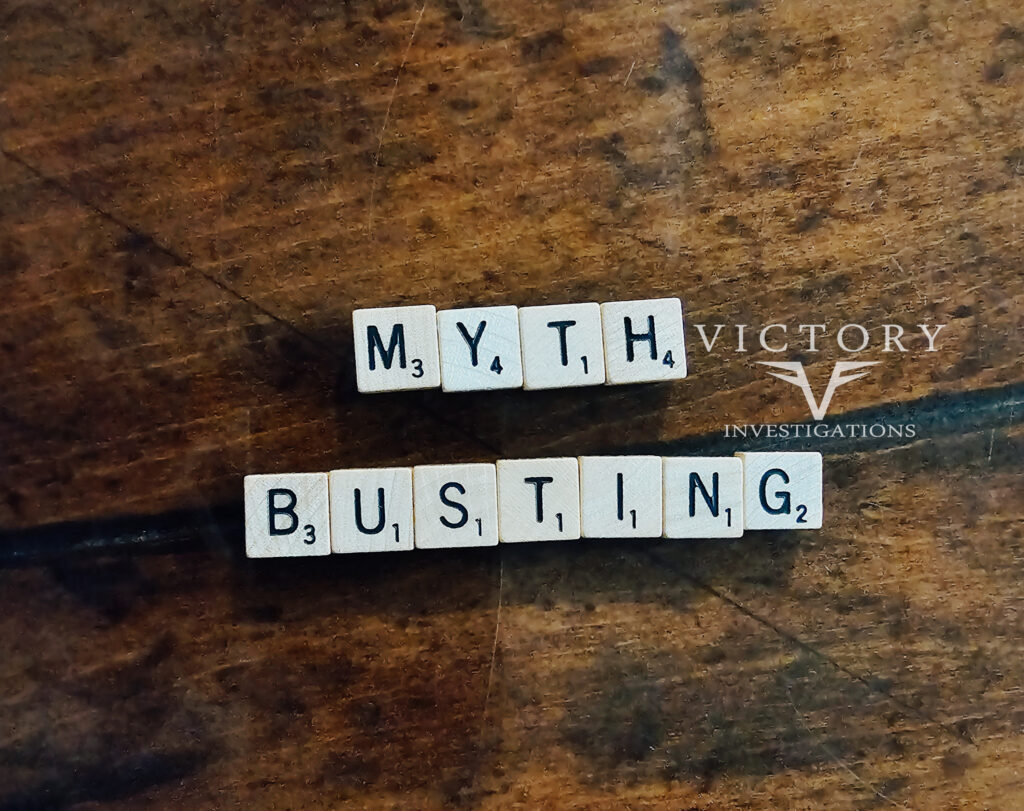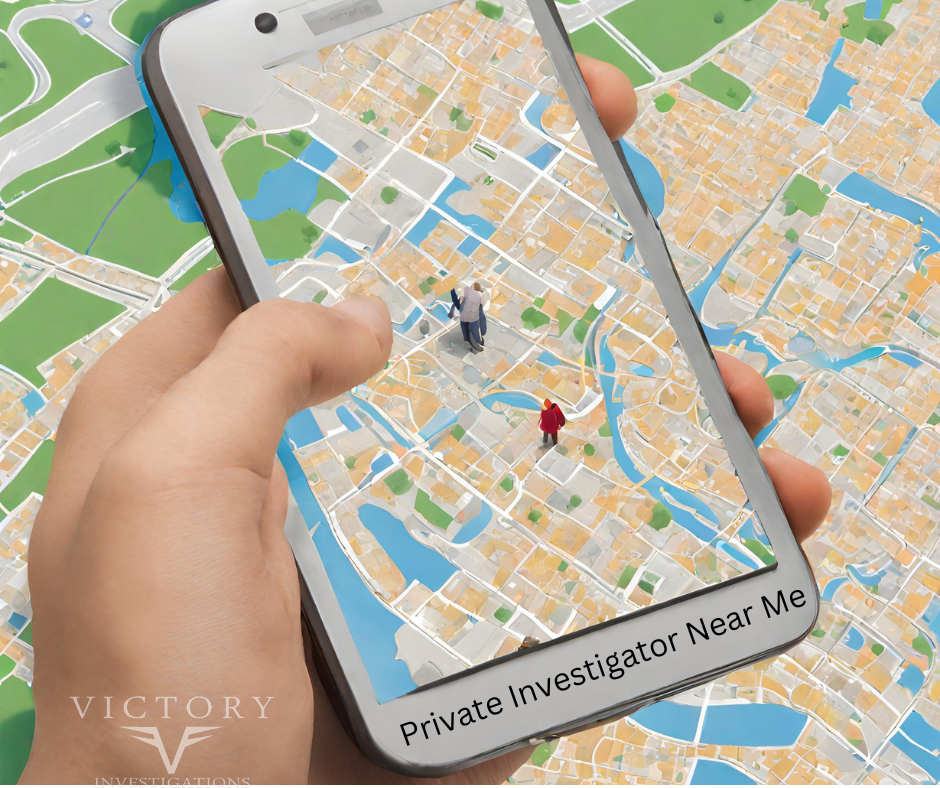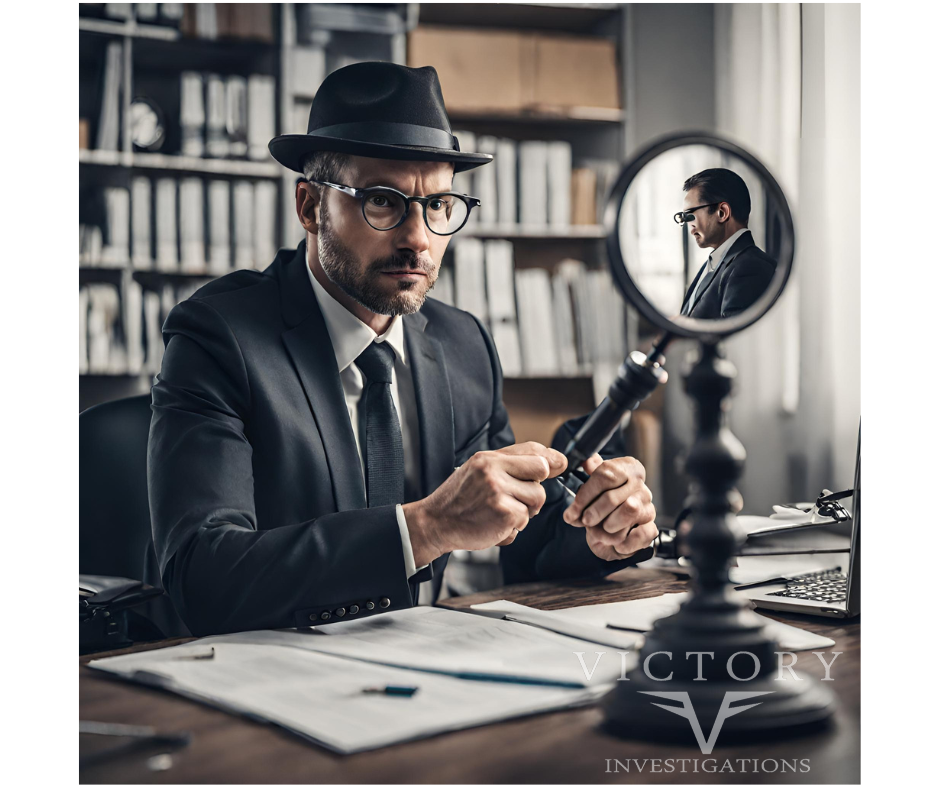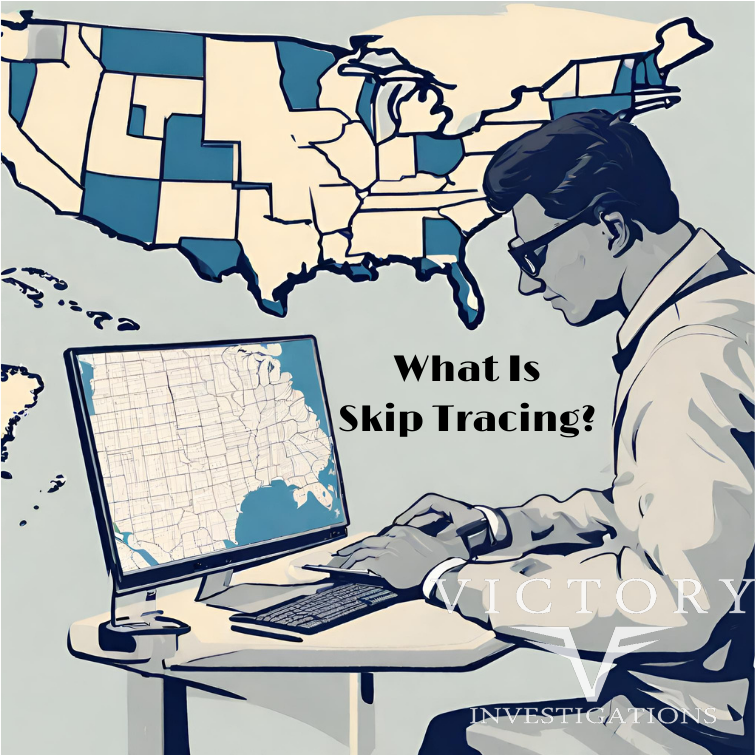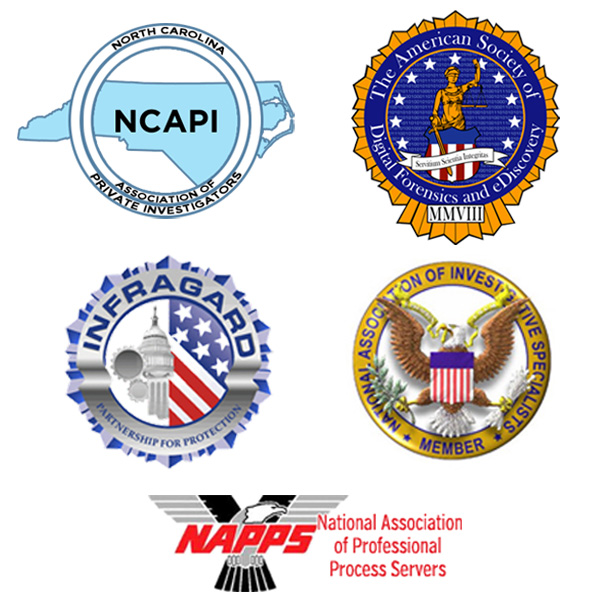Infidelity in a relationship can be a highly distressing situation, and suspicions of a cheating spouse can lead to a multitude of emotions. If you find yourself in a position where you suspect your partner of being unfaithful, it may be time to seek the assistance of a private investigator to help you find the truth. Adultery or infidelity cases will necessitate the use of surveillance. It is our recommendation that you use a search engine, such as Google, and input “private investigator for cheating near me“. This will bring up a list of private detectives nearby that not only offer cheating spouse investigative services, but also possibly some reviews to help you make a decision on who to speak with. Obviously, we encourage you to reach out to us, Victory Investigations, as we are a little biased…lol – Plus we offer a FREE and completely confidential consultation.
So, if you find yourself seeking a private investigator for your cheating husband or wife, you WILL want a private detective near me and one that is trusted and competent. Later, we’ll discuss a bit about how to locate a nearby professional investigator, learn how to go about hiring one and what to expect when working with one. Contact Us Today!
What are the Signs of a Cheating Spouse?
Common Signs of a Cheating Spouse
There are several common signs that may indicate your spouse is being unfaithful. These signs can include sudden changes in behavior, increased secrecy with their phone or computer, unexplained expenses, and a lack of intimacy in the relationship. Other signs include:
- Going into work earlier or staying later
- Unexpected or last minute “business trips”
- Changes in their appearance, clothing style, new clothes, and perhaps new cologne or perfume
- Starting arguments, so that they can leave the home

How to Suspect Your Spouse is Cheating?
If you suspect your spouse is cheating, it’s essential to pay attention to your intuition and any suspicious behaviors. Trust your “gut”… It’s usually spot-on. Keep an eye out for inconsistencies in their stories, changes in routine, and unusual phone activity that may raise suspicions of infidelity. It is vital that if you suspect your husband is cheating or your wife is cheating that you do NOT confront them before speaking with either an attorney or a skilled private detective to ensure you have enough evidence to take meaningful action. Not all states recognize adultery. Many are no-fault states. But our experience is that regardless of the state’s laws, the betrayed want solid proof to gain peace of mind to help themselves move forward. Again, do NOT confront your significant other of cheating, as this will make them become even more secretive, making more and more difficult to gather the evidence you will need.
Seeking Evidence of Infidelity If you suspect that your partner may be unfaithful, there are several signs to look out for that could indicate infidelity.
Obtaining concrete evidence of your spouse’s infidelity is crucial, not only for your peace of mind but also for any potential legal proceedings. A private investigator can assist you in gathering the necessary evidence to help you make informed decisions about the future of your relationship.
Again, look for some of these and then reach out to a PI for some additional help and advice:
1. Changes in behavior: Pay attention to any sudden changes in your partner’s behavior, such as being more secretive, distant, or defensive.
2. Changes in routines: If your partner suddenly starts working late or spending more time away from home without a reasonable explanation, it could be a red flag.
3. Increased secrecy: If your partner becomes more protective of their phone or computer, or starts deleting messages or texts, they may be trying to hide something.
4. Changes in appearance: If your partner suddenly starts paying more attention to their appearance, such as dressing up more or wearing cologne, it could be a sign of trying to impress someone else.
5. Unexplained expenses: If you notice unexplained charges on credit card statements or receipts for gifts or meals that you didn’t receive, it could be a sign of infidelity.
6. Gut feeling: Trust your instincts. If you have a gut feeling that something is off, it’s worth investigating further.
If you are still unsure and want concrete evidence of infidelity, you may consider hiring a private investigator or using technology to track your partner’s movements or communication. However, it’s important to approach the situation with caution and communicate openly with your partner before taking any drastic measures.
Why Should You Hire a Private Investigator?
Benefits of Hiring a Private Investigator
When dealing with suspicions of a cheating spouse, hiring a private investigator can provide you with the expertise and resources needed to uncover the truth. They can offer a neutral perspective and conduct a thorough investigation to help you find the evidence you need. Private investigators have access to various tools and databases that the average person does not, allowing them to gather information efficiently and effectively. They can conduct surveillance, background checks, and gather evidence such as photos, videos, and witness statements to support their findings.
Additionally, private investigators are trained in laws and regulations surrounding surveillance and evidence gathering, ensuring that any information obtained is admissible in court if needed. They can also provide expert testimony and support throughout legal proceedings if necessary.
Overall, hiring a private investigator can provide peace of mind and closure in a difficult situation. They can help you make informed decisions about your relationship and future, and provide you with the proof you need to move forward.
Obtaining Peace of Mind through Investigation
One of the most significant benefits of hiring a private investigator is the peace of mind it can offer. Knowing that a professional is handling the infidelity investigation can alleviate stress and uncertainty, allowing you to focus on moving forward, whether that means reconciliation or separation. Additionally, private investigators have access to resources and technology that the average person does not, which can significantly increase the chances of obtaining concrete evidence of infidelity. This evidence can be crucial for making informed decisions about the future of the relationship.
Private investigators are also trained in conducting discreet surveillance and investigations, ensuring that the process remains confidential and does not impact your personal relationships or reputation. They can gather information in a legal and ethical manner, providing you with peace of mind that the evidence collected will be admissible in any potential legal proceedings.
Overall, hiring a private investigator can provide you with the clarity and closure you need in a difficult situation, empowering you to make informed decisions about your relationship and your future.
Importance of Confidentiality in Investigations
Confidentiality is paramount in private investigations, particularly when dealing with sensitive matters such as infidelity. A reputable private investigator will prioritize confidentiality to protect your privacy and ensure that your investigation remains discreet.
How Can Private Investigators Near Me Help in Infidelity Investigations?
Uncovering the Truth about Infidelity
A private investigator is skilled at uncovering the truth behind suspicions of infidelity. Through various surveillance techniques and investigative methods, they can gather evidence to either confirm or dispel your concerns about your partner’s fidelity.
Gathering Evidence for Legal Purposes
In cases where infidelity may have legal implications, such as divorce proceedings, having concrete evidence of the affair can be crucial. A private investigator can assist in gathering evidence that may be necessary for legal purposes. In North Carolina, very specific evidence is needed to assert adultery. Affection and Opportunity are the key ingredients necessary to pursue an adultery case. The explicitness of the evidence can dictate how much evidence or how many events the should be captured, before filing a lawsuit. North Carolina is also one of the few states that recognized Alienation of Affection.
Assisting in Child Custody Cases
Infidelity can have a significant impact on child custody arrangements during a divorce. A private investigator can provide evidence of a spouse’s infidelity, which may influence custody decisions in the best interest of the children involved. An example of how infidelity or adultery findings can effect custody is, lets say that the person your husband or wife is cheating with has a criminal past. What if they are drug users or heavy drinkers? Do they have a child from a previous relationship that they are not allowed to see? Why? Who the child is being exposed to is very important information to know.
What to Expect During a Cheating Spouse Investigation?
Initial Consultation and Free Consultation Offerings
When you engage the services of a private investigator for a cheating spouse investigation, you can expect an initial consultation where you can discuss your concerns and objectives. Many investigators offer free consultations to assess your case and provide guidance on the investigation process. Options and opportunities for catching a significant other or spouse that may be cheating
Surveillance Techniques Used by Private Investigators
Surveillance is a common method used by private investigators to monitor the activities of a suspected cheating spouse. Through discreet observation and advanced technology, they can gather valuable information to support your case. Investigators may use various surveillance techniques such as video recording, GPS tracking, social media monitoring, and undercover investigations to gather evidence of infidelity. They may follow the suspected spouse to different locations, document their interactions with others, and provide detailed reports of their findings.
Surveillance can help confirm suspicions of cheating, provide evidence for divorce proceedings or custody battles, and give you peace of mind knowing the truth about your relationship. It can also be used to verify alibis, track movements, and collect information on a spouse’s behavior and habits.
It’s important to hire a professional and experienced private investigator to conduct surveillance, as they have the skills, tools, and training to gather accurate and admissible evidence. They can protect your privacy, maintain confidentiality, and ensure that the process is legal and ethical.
If you suspect that your spouse is cheating, consider hiring a private investigator to conduct surveillance and gather evidence that can help you make informed decisions about your relationship. With their help, you can uncover the truth and take the necessary steps to move forward with confidence.
Ensuring Discretion and Confidentiality Throughout the Investigation
Throughout the investigation, maintaining discretion and confidentiality is essential to protect the integrity of the process. A professional private investigator will handle your case with the utmost care and ensure that your privacy is preserved.
How to Choose a Trusted Private Investigator?

Experience and Expertise in Infidelity Investigations
When selecting a private investigator for an infidelity investigation, it’s crucial to consider their experience and expertise in handling similar cases. Look for a professional PI with a proven track record of successful investigations in matters of infidelity. Ask how long they’ve been in business. Also, as k how communicative they are. Some investigators will not provide updates, unless you reach out to them. Others won’t provide any updates at all, until the end of the investigation. At Victory Investigations, we believe an open line of communication with the client is critical to the success of the objective of the case.
Confidentiality and Discretion
Hire someone that understands the delicate and sensitive nature of your matter. This comes with experience, but not always. So, ask the private detective what their policies and procedures are when handling personal and private information.
Licensing and Insurance
Be sure that the private eye that you hire is licensed and insured in your state. Now, not all states require licensing, but most do. If you happen to live in a state where the investigator is able to operate without a license, fall back heavily on reputation, experience, and word of mouth. Additionally, some states, like North Carolina, require multiple license types to be held, along with a PI license to perform certain services. Those services include, but are not limited to: Digital Forensics, Technical Surveillance Countermeasures (TSCM), Armed Protection, and others.
Background Checks, Investigative Capabilities, Tools and Technology
A reputable private investigator should have the tools and resources to conduct thorough background checks and possess strong investigative capabilities. These skills are essential in gathering the evidence needed to uncover the truth about a cheating spouse. Do they have various types of cameras? Covert cameras, in varying platforms, will provide more opportunities to capture the action. GPS trackers are not always legal to use, but can often be deployed and are a fantastic tool to assist in surveillance. They also help mitigate live surveillance costs. Digital Forensics can recover deleted and logical data from cell phones and computers. Being tech savvy is a very important characteristic of a good private investigator near you.
Considering Testimonials and Recommendations
We’ve said this before, but it bears repeating…. Before hiring a private investigator, take the time to research their reputation and seek out testimonials or recommendations from previous clients. A trusted private investigator will have positive feedback and a reputation for professionalism and integrity. Also, you may want to see if their license is still in good standing. Unlicensed activity is very common. These unscrupulous actors not only give the industry a bad name as a whole, but they can also put you in a legal predicament.
